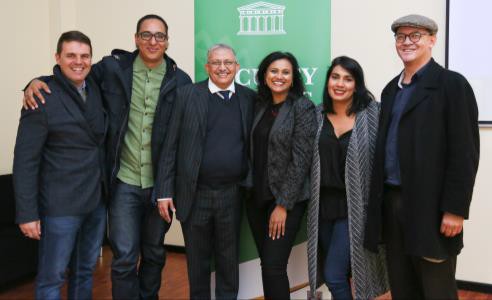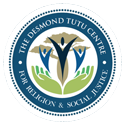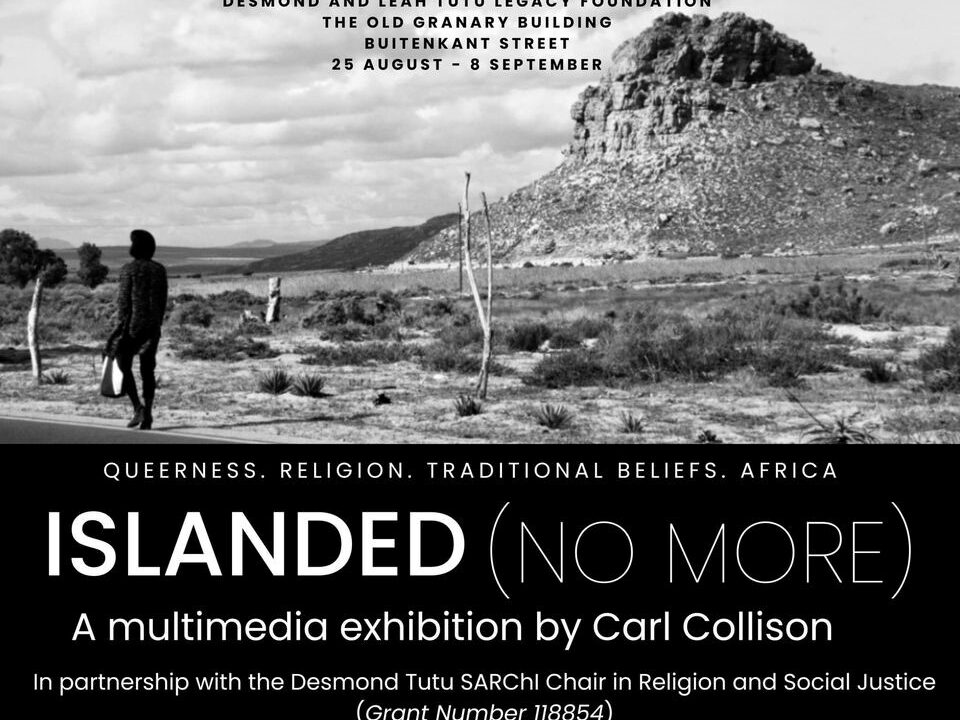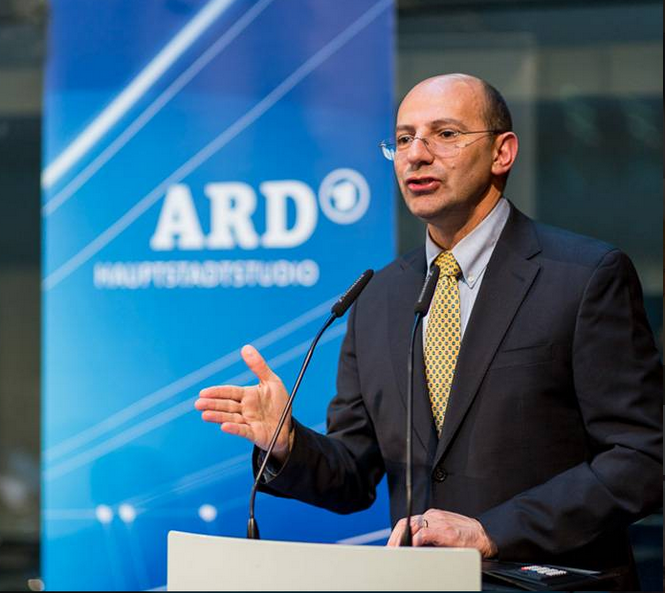
Remembering James Cone, in Conversation with Black Liberation Theology
10/05/2018
Discernment and Radical Engagement
12/05/2018This conference hosted by the School of Religion, Philosophy and Classics at the University of KwaZulu- Natal aimed to bring together scholars and civil society, whose work touched on issues related to gender, religion, and sexuality. The conference attracted scholars in theology, social sciences, law, and those doing advocacy work, and provided a glimpse of the wide range of work being done in this area. This highlighted the fact that, although gender, religion, and sexuality are widely researched fields, these are still relevant today and especially important in the project of dismantling oppressive sources of power.
Theorising Religion, Gender, and Media: Insights from the South African Context.
Paper presented by Dr Scharnick-Udemans
Abstract
The ‘media turn’ in the study of religion has played a crucial role in reconfiguring understandings of the private/public divide, unsettling traditional sources and notions of religious authority, and shedding light on critical issues such as minority and majority rights, migration, religious violence, and other pertinent contemporary geopolitical and social issues. However, despite the expansive nature of the content, approaches, and theories employed in research on religion and media – gender, as a critical area of research and as a methodological and theoretical tool has constituted a ‘blind spot’ in the field and in the vision of those who have been at the helm of its development and advancement. Concomitantly, the presence of research and theories about and from Africa, the Southern African region, and the South African context in particular, have been virtually absent from the small but nonetheless definitive mainstream corpus on the topic.
In this paper I argue that, although the interdisciplinary track record of media, religion, and cultural studies is laudable, this interdisciplinary ‘canon’ would benefit from an intersectional turn that takes gender and socio-political contexts within Africa more seriously. Through a critical review of some of the most recent literature produced in the interdisciplinary spaces of religion, media, and cultural studies, I will, firstly, theorise the absence of gender as an analytical framework and pertinent area of research inquiry in the study of religion, media, and culture. Secondly, I will discuss a few critical intersections and relationships between religion and media as evidenced in the contemporary South African context. Finally, a few brief examples of ‘religion in the media’ will be presented, in order to highlight the epistemological possibilities of gender and feminist analytical perspectives for understanding the ways that religion and media are entangled within the broader socio-political milieu.
Queering the Ecclesia: ‘Institutional Culture’ as a Path toward an Inclusive Church.
Presented by Ms Robertson, co-authored with Prof Nadar
Abstract
Ecclesia de Lange’s unsuccessful battle with the Methodist Church of Southern Africa to have her reinstated as a minister after she was fired for declaring her intention to marry her same-sex partner, resulted in many debates in South Africa that need scrutiny, not least of all the rules and doctrines of religious institutions vis-à-vis the freedoms guaranteed in the Constitution. The ruling of the court stated that those ‘who voluntarily commit themselves to a religious association’s rules and decision-making bodies should be prepared to accept the outcome of fair hearings conducted by those bodies’. It is precisely at the level of ‘rules and decision-making bodies’ that an ecclesiological research on the subject of queer sexuality has restricted itself – that is, heteronormative church policies, laws, doctrines, and the implementation of those policies. Therefore, possibilities of a more inclusive church have largely been confined to the possibilities or impossibilities of transforming church laws and doctrines. A similar stagnation seems to have occurred in the discourse around the transformation in Higher Education which focuses on policy change and implementation. However, over the past decade there have been developments within Higher Education research which have shifted the methodological paradigm from ‘institutional policy’ research to ‘institutional culture’ research. This shift allows for a deeper interrogation of the social, cultural, and epistemic structures which govern institutions rather than a narrow focus on a legislative compliance with policies and laws. Institutional culture’s helpfulness seems to lie in its capacity to explore different aspects of a complex system whereby an institution and individual interact in complex ways. The purpose of this paper is to propose the extension of the concept of ‘institutional culture’ into the context of the study of queer sexualities and the church. For this paper, we review how ‘institutional culture’ has been conceptualised and operationalised by South African educationalists. Drawing from feminist understandings of how the individual interrelates with broader social relations, we analyse how a conceptual understanding of ‘institutional culture’ may open up ways of studying the church, which brings together the lived experiences of queer Christians and a critique of the heteronormative institutional relations of the church.





